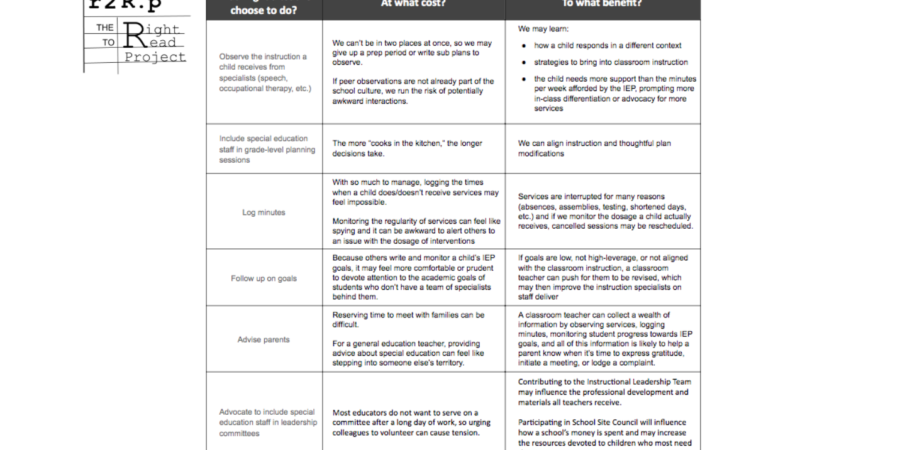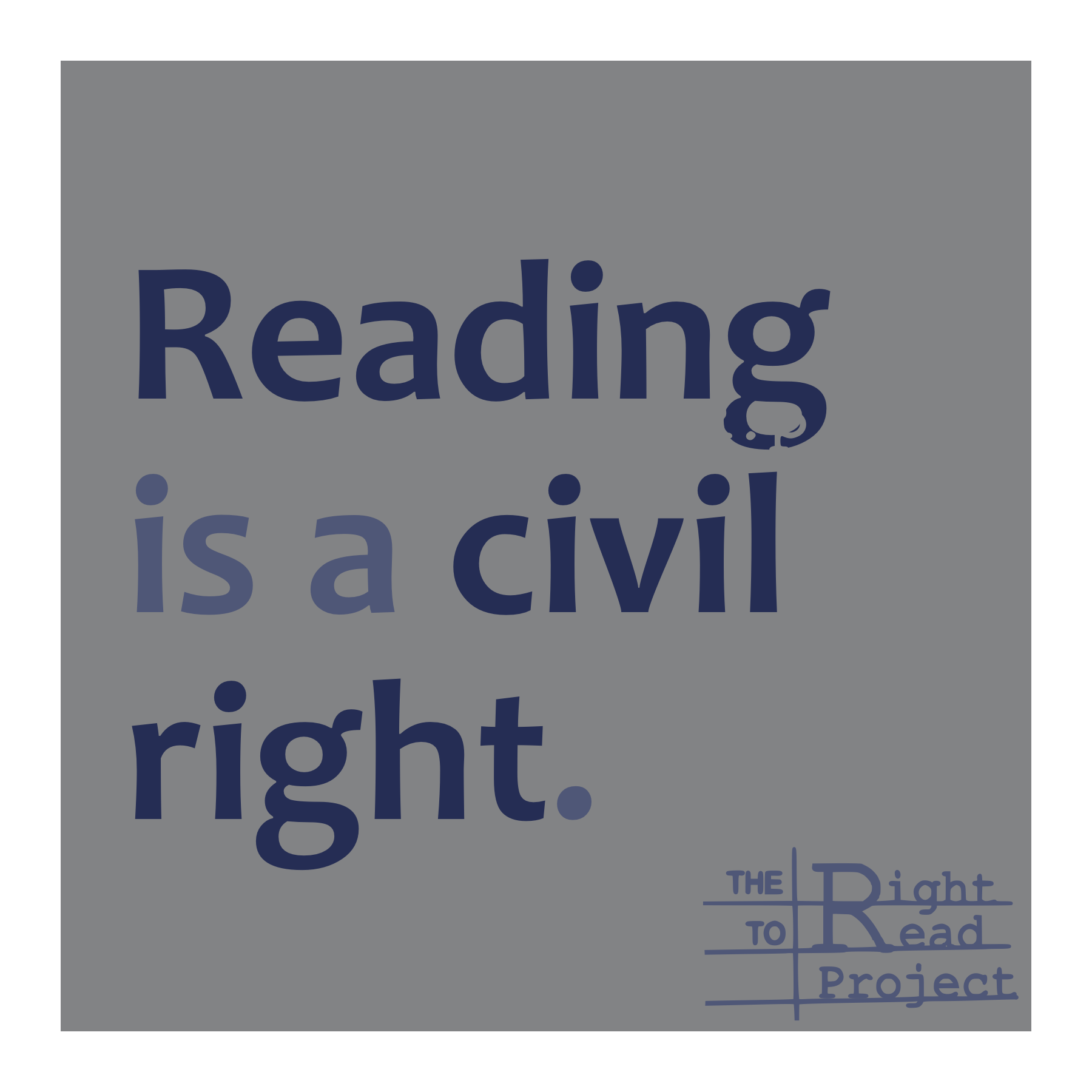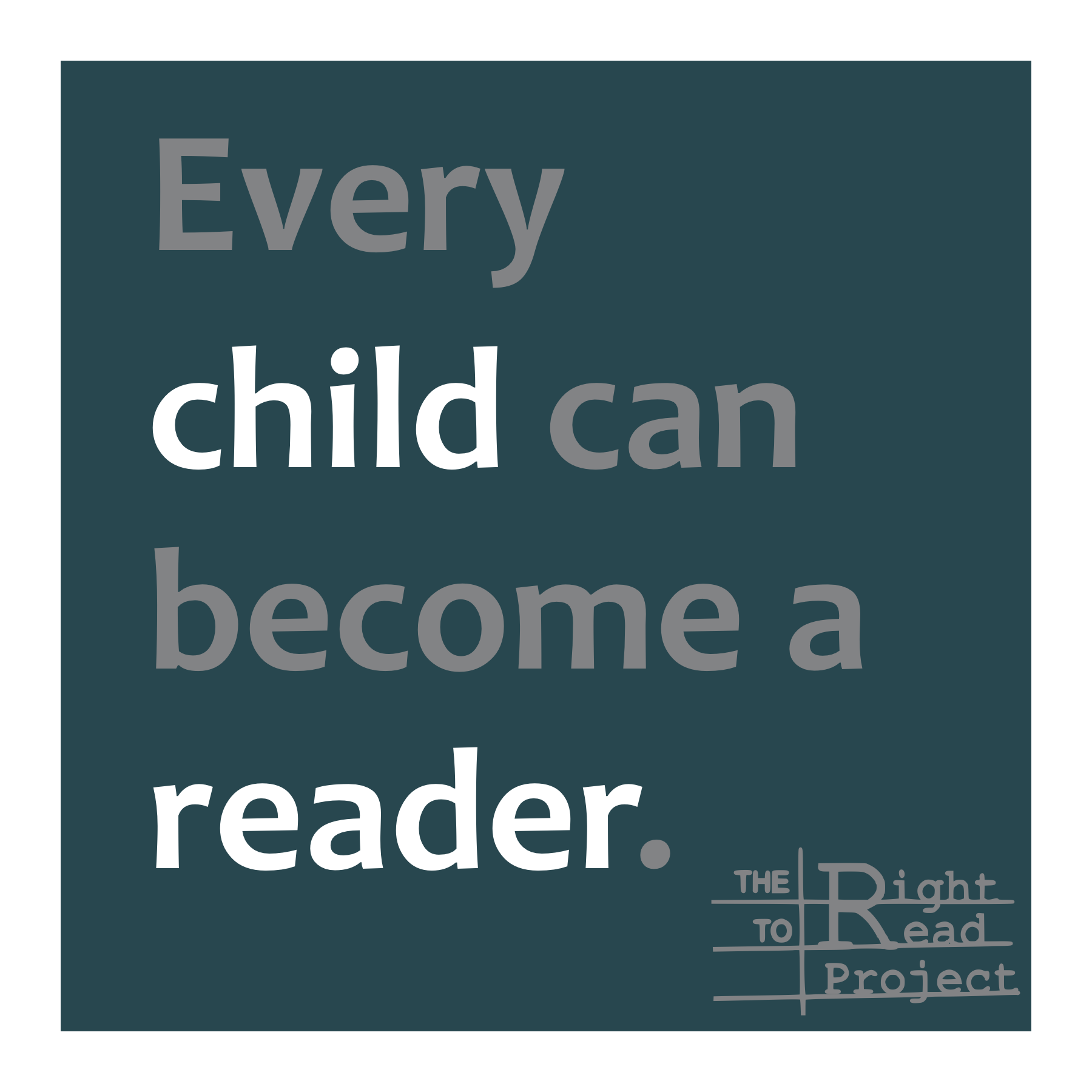I used to avoid discussing my students’ reading difficulties with their families. I didn’t realize I was withholding information, but in retrospect I see that, in parent/teacher conferences and on report cards, I’d focus on a child’s strengths even if multiple data points showed they were below benchmark. I would share how I was teaching and give suggestions for helping at home–but I never said, “Your child is behind in
Teacher: Advocate, Bystander, or Adversary?
A GUIDE TO READING ADVOCACY, PART 3 (Click here to read Part 2.) How can you get a school to change the way it’s teaching your child? The way you express concerns about reading instruction at your child’s school may very well determine how well those concerns are addressed by school staff. The forum you choose, the staff members you involve, the tone you use, and the priorities you convey,
Is My Child’s School Getting Reading Right? What to ask. What to look for.
A GUIDE TO READING ADVOCACY, PART 2 (Click here to read Part 3.) Is my child getting good reading instruction at school? Families need an answer to this question, because children who don’t learn to read well in first and second grade are unlikely to catch up later. And there can be lifelong repercussions. As one parent said at a school board meeting: “Again and again, we are hearing that

Connecting the Mainstream Classroom & Special Education
A GUIDE TO READING ADVOCACY, PART 1 (Click here to read Part 2.) A parent might assume, after seeing the special education teacher, specialists, classroom teacher, and principal gathered in the same room to discuss the progress of a single child, that collaboration is focused and ongoing. In truth, the team may not have the opportunity to reconvene until the next legally-required SST or IEP meeting. Many parents are unaware
The ABCs of Teaching Reading at Home
This month’s school closures have forced families to become homeschool teachers overnight. Getting Started! What We Know about Beginning Readers Children progress as readers at different rates, but they pass through predictable stages of development. For typically-developing readers, the stages of reading can be mapped onto grade levels, but as a homeschool teacher you have the advantage of being able to provide the instruction your children need, regardless of their









